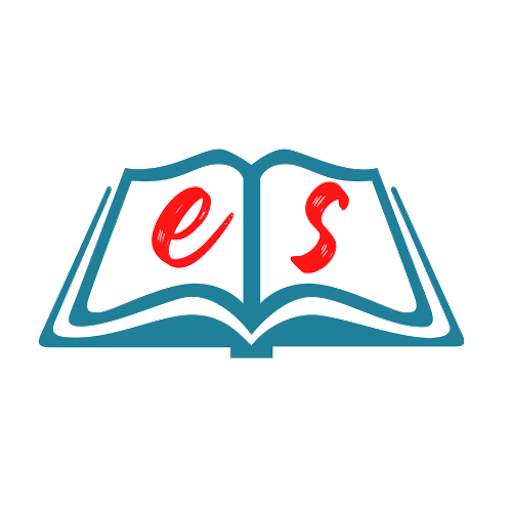DURHAM, UK – Waqf has a huge potential need to be explored for the welfare of the Ummah. That was the key message from the International Seminar on Waqf Development jointly organized by the Durham Centre for Islamic Economics and Finance (DCIEF), the University of Darussalam Gontor (UNIDA Gontor), Bank Indonesia, and the International Centre for Awqaf Studies (ICAST), at Durham University Business School, Wednesday 30 Sha’ban 1444 / 22 March 2023.
The seminar was held in a hybrid mode where some speakers and participants attended the venue in person and some others attend the program virtually through Zoom. The speakers were Prof Mehmet Asutay (Director of Durham Centre for Islamic Economics and Finance), Prof Habib Ahmed (Sharjah Chair in Islamic Law and Finance), Prof Hamid Fahmy Zarkasyi (Rector of UNIDA Gontor) and Dr Khoirul Umam (Vice-Rector for Research and Networking, UNIDA Gontor)
Sixteen people attended the program in person and more than a hundred participants joined online. Online participants joined from various countries including Indonesia, Egypt, and Turkey.
The program started with a welcome remark from Prof Julian Williams, Head of the Department of Finance, who stressed that the reputation of studies on Islamic Finance in Durham is one of the important assets of the Department of Finance, Durham University Business School.
Prof Mehmet Asutay, in his welcome remark, mentioned the shared value waqf and Ramadan have. “And therefore, it is a wonderful coincidence just to have this event just before Ramadan,” said Prof Mehmet Asutay.
The third welcome remark was delivered by Mr Arief Hartawan, Executive Director of the Department of Sharia Economics and Finance, the Central Bank of Indonesia. He explained the legal and regulatory framework and the ecosystem of waqf in Indonesia.
Prof Habib Ahmed served as the first speaker explained some issues in waqf development and how to tackle them. Prof Habib also showed how a properly managed waqf will solve problems addressed by UN sustainable development goals.
The second speaker, Prof Hamid Fahmy Zarkasyi shared Gontor’s experience in managing and developing waqf for educational purposes at Gontor. Since endowed in 1958, Gontor has developed its waqf from 16 Ha of land to be 1,600 Ha of land today.
Prof Mehmet Asutay, in his presentation, elaborated on re-constructing waqf as a disruptive institution. In his presentation, he stressed that the Awqaf system is a crucial part of Islamic civil society. In addition, Prof Mehmet Asutay warned about the delusional maslahah that is sometimes used as the basis of some waqf-related decisions.
The last speaker, Dr Khoirul Umam, continued Prof Hamid’s explanation of Gontor’s experience by highlighting its role as total waqf education that produces waqf human capital and brings a total contribution to society.















